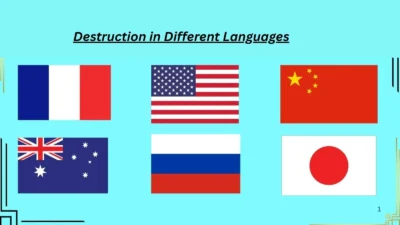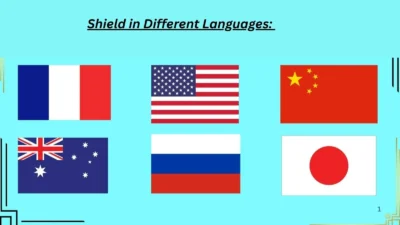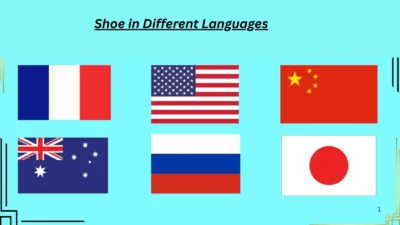Motherhood is one of the most universal experiences in the world, and yet, every culture has its own special way of saying “mama.”
When people search for words for mama in different languages, their intention is usually to connect with global expressions of love for mothers—whether it’s for travel, tattoos, writing a heartfelt note, or simply curiosity about how families around the world express affection.
This blog will not only give you translations of “mama” and “mom” across many languages, but also explain the cultural background behind them.
By the end, you’ll know how to say “mama” in different languages, discover beautiful words for mom and dad, and even explore ancient and modern variations.
This way, your problem of finding the right word is solved—you’ll have a list ready to use anytime.
Why People Search for “Mama” in Different Languages
- Emotional Connection – To say “I love you, mom” in different languages.
- Cultural Curiosity – To see how universal “mama” is across societies.
- Creative Purposes – For tattoos, cards, poems, or gifts.
- Family Heritage – To honor their mother’s native language.
- Travel & Communication – To connect with people in their own tongue.
Words for Mama in Different Languages
Here’s a list of how “mama” or “mother” is expressed worldwide:
- English – Mom / Mama / Mother
- Spanish – Mamá / Madre
- French – Maman
- Italian – Mamma / Madre
- German – Mama / Mutter
- Portuguese – Mamãe / Mãe
- Russian – Мама (Mama) / Мать (Mat’)
- Greek – Μαμά (Mama)
- Turkish – Anne
- Arabic – أم (Umm) / ماما (Mama)
- Hindi – माँ (Maa) / मम्मी (Mummy)
- Chinese (Mandarin) – 妈妈 (Māma)
- Japanese – 母 (Haha) / ママ (Mama)
- Korean – 엄마 (Eomma)
- Swahili – Mama
- Hebrew – אמא (Ima)
Words for Mom and Dad in Different Languages
- Spanish – Mamá y Papá
- French – Maman et Papa
- German – Mama und Papa
- Hindi – माँ (Maa) और पापा (Papa)
- Japanese – ママとパパ (Mama to Papa)
- Arabic – ماما وبابا (Mama wa Baba)
Beautiful Words for Mama in Different Languages
Some cultures use affectionate or poetic words for mothers:
- Italian – Mamma mia (my dear mother, often exclamatory).
- Irish Gaelic – Máthair (mother), Mámó (granny, used lovingly).
- Zulu – Umama (mother).
- Persian (Farsi) – مادر (Madar).
- Polish – Mama / Matka (formal).
Mother in Ancient Languages
- Latin – Mater
- Old Greek – Mētēr (μήτηρ)
- Sanskrit – मातृ (Mātṛ)
- Old English – Modor
These ancient words are the roots of many modern terms for “mom.”
Creative Uses:
- Tattoos: Many people choose “Mama” in different scripts (Arabic, Chinese, Hindi, etc.) as a permanent tribute.
- Slang Words for Mom: Mom, Ma, Mum, Mommy, Madre, Mumsy.
- Different Ways to Say Mom: Mama, Mommy, Mother, Mum, Momma, Amma.
How to Say “I Love You, Mom” in Different Languages
- Spanish – Te quiero, mamá
- French – Je t’aime, maman
- German – Ich liebe dich, Mama
- Hindi – माँ, मैं तुमसे प्यार करता हूँ (Maa, main tumse pyaar karta hoon)
- Japanese – お母さん、愛してる (Okaasan, aishiteru)
- Arabic – أحبك يا أمي (Uhibbuki ya Ummi)
Conclusion
“Mama” is perhaps one of the first words spoken by children worldwide, and it remains a symbol of warmth, love, and family. From Mamá in Spanish to Eomma in Korean, the word for “mother” changes in sound but never in meaning. Whether you’re writing a card, getting a tattoo, or learning a new language, these words remind us of the universal bond between mothers and children.



